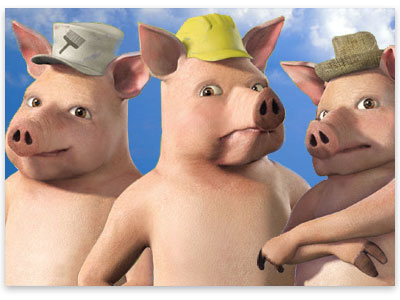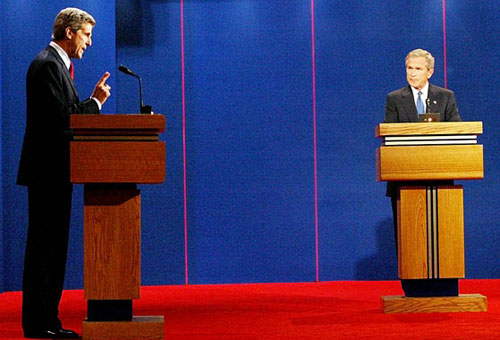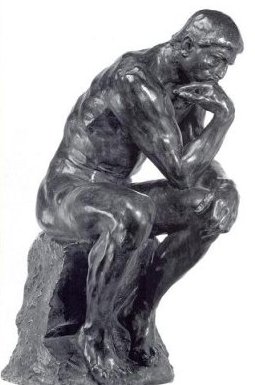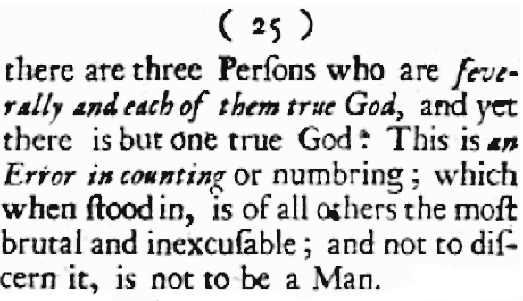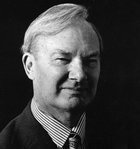
“My god Spock! Is this the apex of human intellectual production?” “No Captain, look within, do you smell that?”
I apologize for the delay in posting. I have been busy with, among other things, my own work.
In the previous post, I enumerated 40 lines of premises and conclusions that generally summarizes Henry’s philosophical psychology of the Trinity. There are one or two things that ought to be clarified.
I have posted some responses to Dale’s post in the Comments section of his post.
I would like to elaborate on two issues in this post.
1. Why must the divine intellect be perfectly actual? (pace Dale’s 2nd objection)
2. Why must the divine intellect have two powers, an operative power and a productive power?
In regards to 1, Henry generally follows Anselm’s perfect being theology program. In this program, when we attribute some property to God we should follow the rule: ‘whatever it is simply better to have than not have we should attribute to God’. This property that it is simply better to have than not to have in medieval speak is called a ‘pure perfection’. A pure perfection is some property that it is simply better to have than not to have it. A pure perfection is some property x that is not considered as a pure perfection with regard to some species-nature. It is not a question of whether ‘it is better for my fish Nigel to be a Ninja or not’, but whether it is simply better to be a Ninja or not. A comparison to some species is not at issue here. For example, if it is better to be wise than not be wise, we should say that God is wise. If it is better to be loving than not to be loving, we should say that God is loving. If it is better to be stupid than not stupid, we should attribute ‘being stupid’ to God. But, our intuitions lead us to think that being wise and being just are simply better to have than not to have; yet being stupid is something we wouldn’t attribute to God because it is actually better to not be stupid, than to be stupid.
Read More »HoG: Intellectual Production of the Word (Scott)






